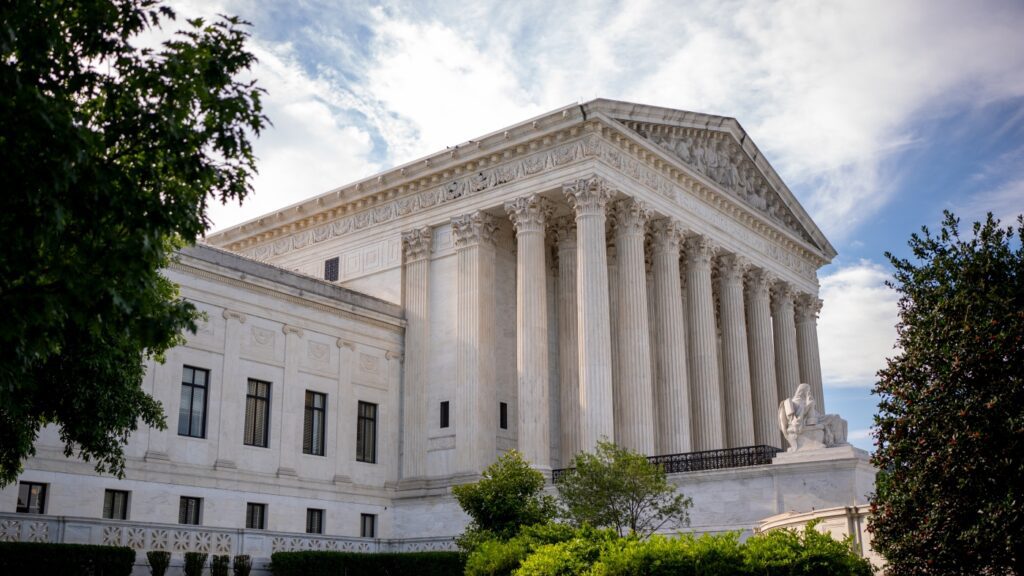The U.S. Supreme Court is hearing a case that involves a Wisconsin chapter of Catholic Charities challenging its obligation to participate in the state’s unemployment compensation system. The charity argues for exemption based on its religious mission, citing the lack of indoctrination in its operations and the inclusion of both Catholic and non-Catholic employees. Historically, a federal unemployment system was established in 1935 requiring all employers, including nonprofits, to contribute, allowing jobless individuals access to basic support. The only exemption exists for organizations primarily serving religious purposes.
Wisconsin counters that Catholic Charities’ activities are similar to those of other nonprofits and therefore should not warrant a special exemption. The state highlights the risk of undermining the unemployment system if multiple religious organizations opt out, potentially leading to financial strain on the fund, which also affects the broader ecosystem of religiously affiliated nonprofits.
The charity’s lawyer, Eric Rasbach, contends that mandatory participation infringes on the free exercise of religion, positing that Catholic Charities should be allowed to join a church-specific unemployment program instead. Opposing views, such as those from Lawrence Dupeis of the Economic Policy Institute, stress that alternative programs may not provide equivalent support, warning of potential system-wide repercussions if many religious employers withdraw from state programs.
The Supreme Court is expected to lean favorably towards the Catholic Charities, given the conservative majority’s history of siding with religious organizations in legal matters.
Source link


